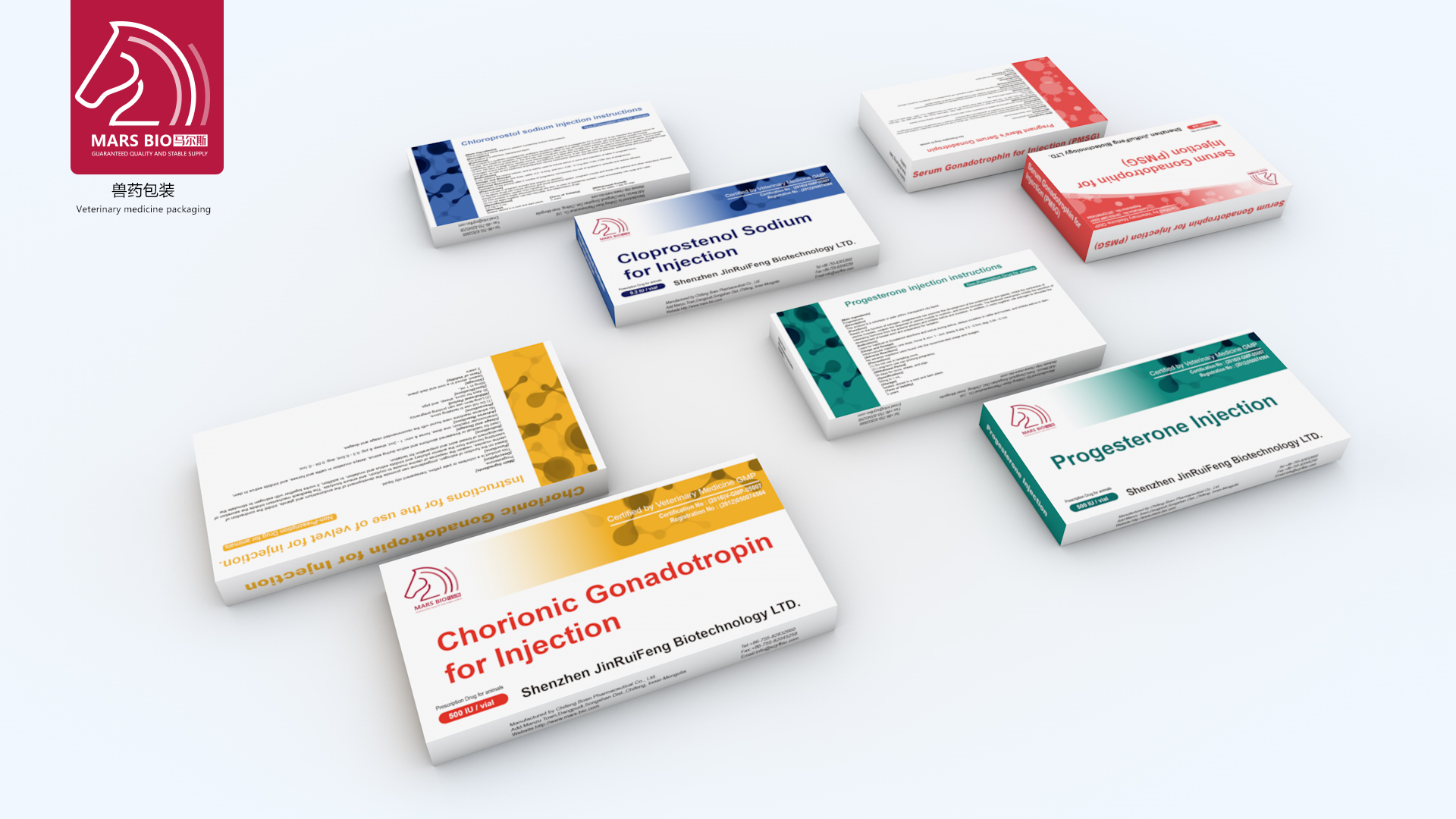Lily and Chinese fertilization
Ms. Qian of Anhui Quanjiao Q: What kind of lily bulbs do I receive? Experts: Lilies are perennial plants and should be re-applied organic fertilizers. The seedling period is longer, and organic fertilizers should be used as the main factor, and reasonable coordination with N, P and K fertilizers. The first thing is to choose sandy loam with deep soil and good drainage. Before planting with deep-sloped soil preparation, Mushi decomposed organic fertilizer 2000-3000 kilograms, urea 10 kilograms, superphosphate 20-30 kilograms, potash 10-15 kilograms. Top dressing is divided into three times, combined with shallow tillage grass application, and cover soil after application. After the first time in the spring, the Mushi rotted 20% of the livestock manure water from 1000 to 2,000 kg, or 10 kg of urea, 20 to 30 kg of superphosphate, and 10 to 15 kg of potash. The second time before flowering, Mushi's decomposed human and animal manure water 5000 kg or general-purpose compound fertilizer 30 to 40 kg. After the third flowering, Mushi NPK compound fertilizer was 30 kg. Spraying 0.2% potassium dihydrogen phosphate or 0.3% to 0.5% urea several times in the middle and late stages is also very effective. Mr. Qi of Changsha, Hunan Province asked: What kind of role does Lily have to make topping and remove buds? Is it related to fertilization? Experts: Topping and picking buds can control the growth of lilies, promote nutrient transfer to underground bulbs, and increase bulb yields. Studies have shown that: combining fertilization, irrigation, and appropriate topping can improve bulb yields by 8% to 10%. Ms. Gao of Shangqiu, Henan Province asked: I contracted hundreds of acres of land to cultivate the Chinese rose. How do I fertilize it? Experts: Chinese rose is an upright shrub with green leaves and bright flowers for cultivation purposes. For this reason, organic fertilizer is the main fertilizer, and organic fertilizer is combined with NPK fertilizer. Also consider the supply of trace elements such as magnesium, iron, and boron. There are different requirements for fertilization in pots, greenhouses and open cultivation. For high-density rose gardens with cut flowers, digging trenches or pits of 50-60 cm deep, Mushi roasted manure, composting 4000-6000 kg of organic fertilizer, 30-50 kg of superphosphate, or diammonium phosphate 8 to 12 kg, potassium 5 to 10 kg. Ms. Liu Beijing asks: How does the top dressing go? What problems should be paid attention to when fertilizing? Experts: After the Chinese rose is cultivated, different fertilizers are applied according to the characteristics of the fertilizer required in different periods. After germination in the spring and before winter, 20-25 cm around the tree, combined with shallow tillage grass or irrigation, applied into the decomposed human and animal manure water, chemical fertilizer solution or dry chemical fertilizer. 2 to 3 times a month, 40 to 50 grams of chemical fertilizer per plant. The proportion of N, P and K in fertilizers is dominated by nitrogen and phosphorus before flowering, phosphorus and potassium are dominant after flowering, and nitrogen fertilizer cannot be used in autumn, otherwise it will affect safe wintering. For example, the proportion of fertilization formula for flowering is 1 kg urea, 2 kg superphosphate, 2 kg potassium sulfate, and 0.2% fertilizer solution after mixing. It is also possible to use high-nitrogen-potassium-type compound fertilizers, and the foliar fertilizer concentration is generally not more than 0.2%. Spray in sunny mornings or evenings to avoid sunny noon and rainy days. Every 7 to 10 days. Be careful not to apply fertilizer to flower buds, flowers or leaves. Do not apply fertilizer after flowering and just pruning. It is best to apply it during the two flowering periods.
Our Veterinary Medicine products are mainly used for animal reproduction, such as PSG, HCG, etc. There are three procution lines in production, producing ten kinds of products. We got the first GMP certificate for vet medicine issued by Ministry of Agriculture, P.R China in 2005, and passed the GMP re-inspection in 2011 and 2016.

Veterinary Medicine
Veterinary Medicine,Veterinary Medicine Fenbendazole Powder,Veterinary Disinfectant Medicine,Antibiotic Veterinary Medicine
Jiangxi Institute of Biological Products Inc. , https://www.jxinstitute.com